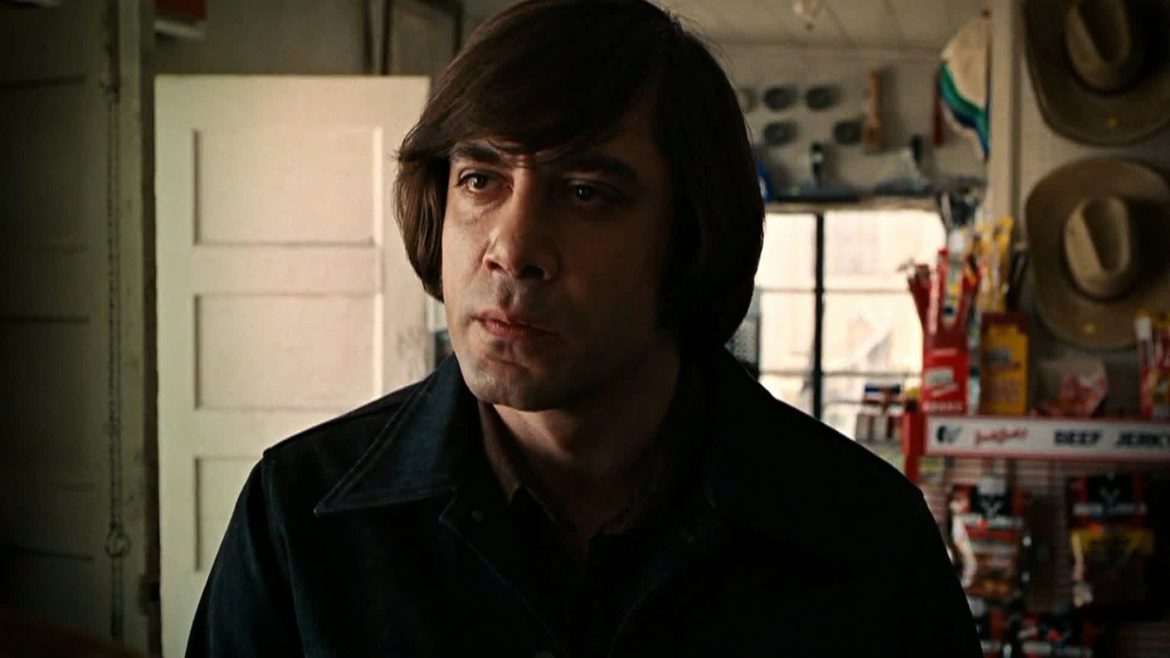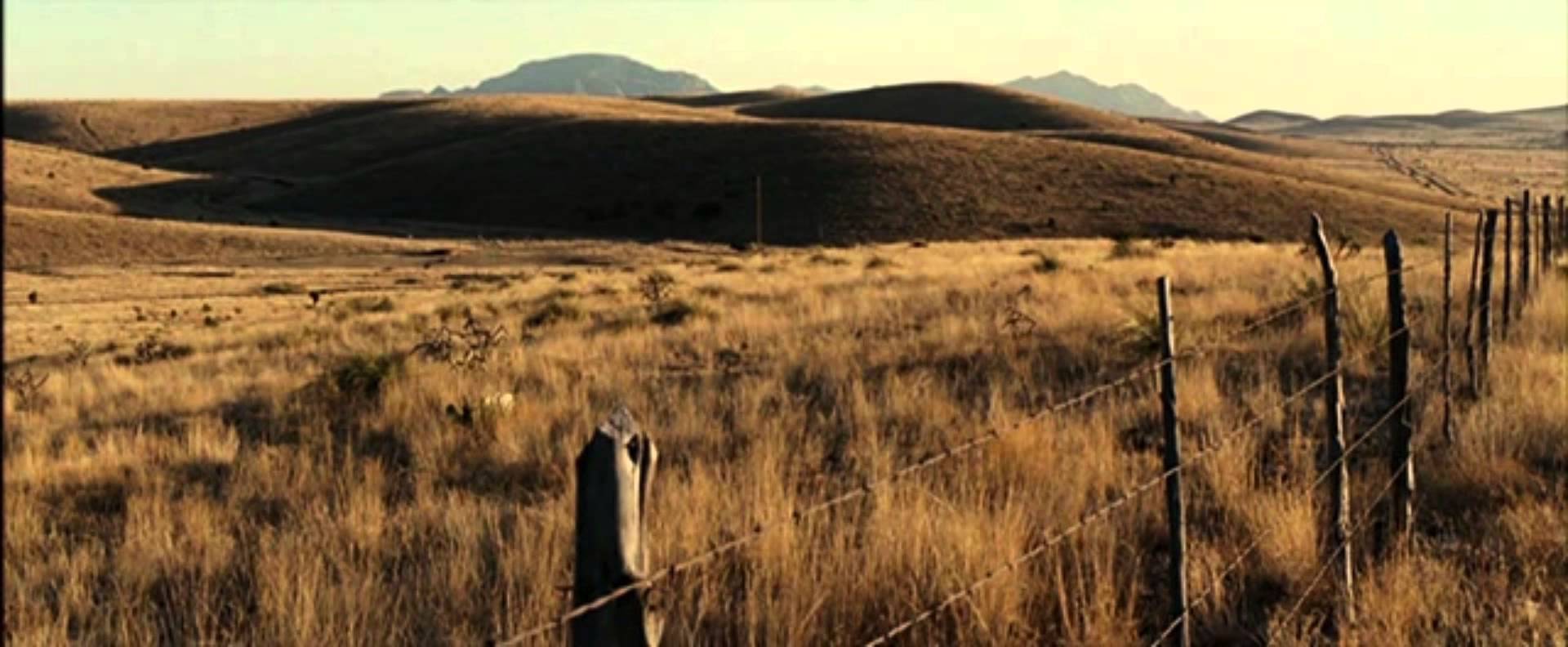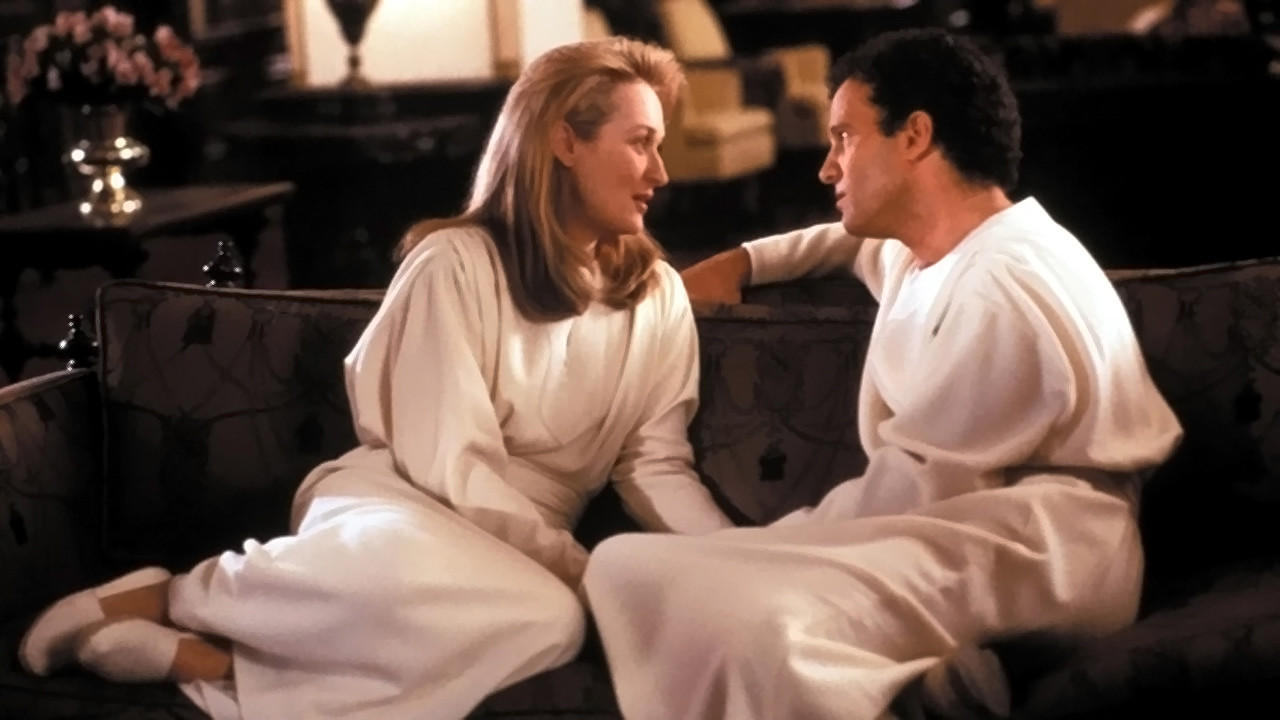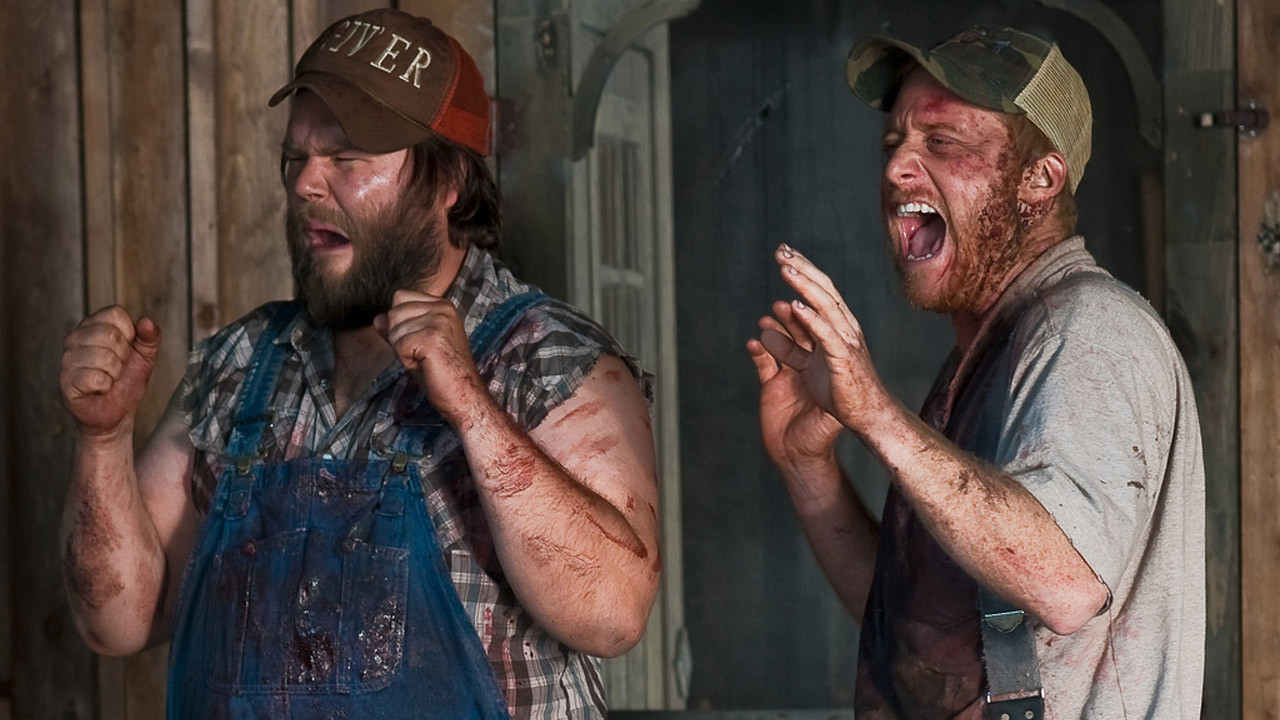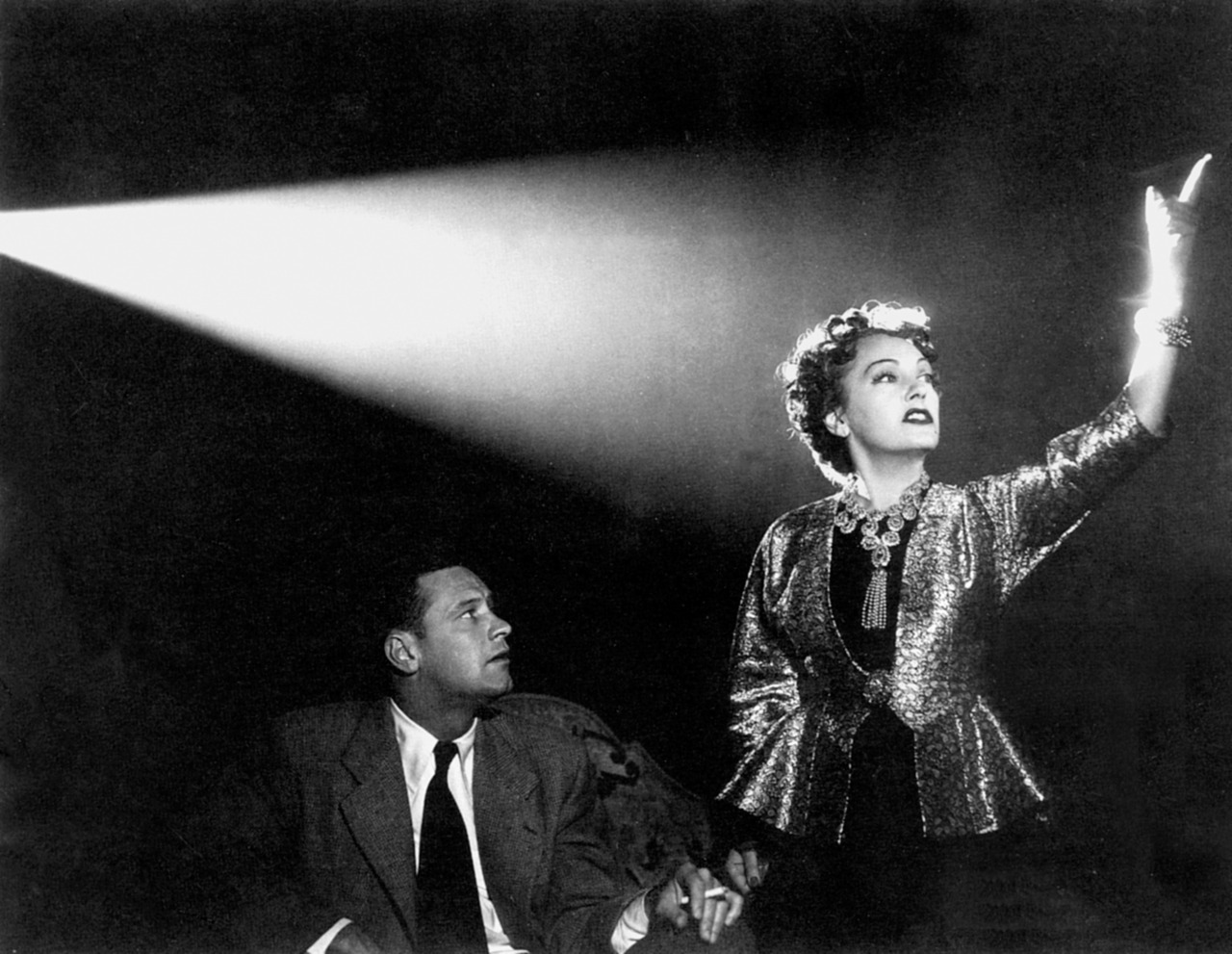The Coen Brothers’ filmography tends to swing wildly from lighthearted, goofball larks to existential nightmare tours of wounded psyches and uneasy human relations in a fallen world. (A good argument can, and has, been made that the two modes are in direct conversation.) 2007’s acclaimed No Country For Old Men, new to Netflix in August, is firmly in the second category.
Based on Cormac McCarthy’s typically brooding novel, and featuring three gripping central performances (from Tommy Lee Jones, Josh Brolin, and Javier Bardem), No Country For Old Men tells a grim, Western tale of bad choices and incomprehensible evil. Six years prior to sending folksinger Llewyn Davis on “a stroll through the outermost circle of hell”, the Coens dove directly to its center.
Like nearly all their films, No Country rolls out with a sense of inevitability and inscrutability, as things compound in ways no one seems able to control. Bardem’s now-iconic villain — if villian is even the word for personified, unknowable menace — haunts the countryside, a figure of lurking doom. The film’s closing moment, sometimes disparaged for opacity but more often recognized as the masterstroke it is, explains nothing. There is nothing to explain here. We’re in the dark heart and soul of the compromised West, and answers will not be forthcoming.
If you haven’t seen No Country For Old Men, get to it. It’s available on Netflix on August 11th.
Quick Links
Defending Your Life: Earlier this month, cinephiles rejoiced at the news that all of Albert Brooks’ films are also now available for streaming. Defending Your Life is a favorite, pairing Brooks and Meryl Streep in an after-life fantasia where you finally have to explain yourself, as images of your best and worst moments are presented to a celestial jury. Like all of Brooks’ work, it’s exceedingly smart, relatable, and very funny.
Dale and Tucker vs. Evil: Do you like your horror movies laced with irony and silly shenanigans? Before Joss Whedon and Drew Goddard were hilariously sending up the genre in The Cabin in the Woods, Eli Craig’s Dale and Tucker vs. Evil had a huge amount of fun with horror cliches and conventions, as its two doofus, redneck protagonists can’t stop getting misindentified as slasher film villains. It’s bloody and clever.
I’m Still Here: Widely received as a disastrous career misstep and/or an insufferable prank that distracted audience attention from James Gray’s excellent Two Lovers, which he was supposed to be promoting at the time, Joaquin Phoenix’s Casey Affleck-directed meta-documentary about his decision to “quit” movies and become a terrible rapper is an incendiary gut-punch, excoriating fame and fandom in equal measure. It’s decidedly weird, but much smarter than it got credit for. (Except, of course, from Nathan Rabin, who knows what’s up.)
Sunset Blvd.: Over the course of one of the greatest and most wide-ranging careers in film, Billy Wilder could get pretty dark. But this narrative of obsession, delusion, and the eternal lure of the image, might be the darkest entry in his illustrious catalog. As Norma Desmond, Gloria Swanson created an instantly classic depiction of madness and aching need that still disturbs to this day, creating a bridge from the silents to the surreal provocations of David Lynch. It’s a gorgeous and troubling dive into presentation, femininity, and the movies.

